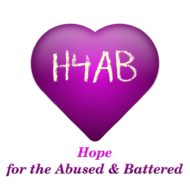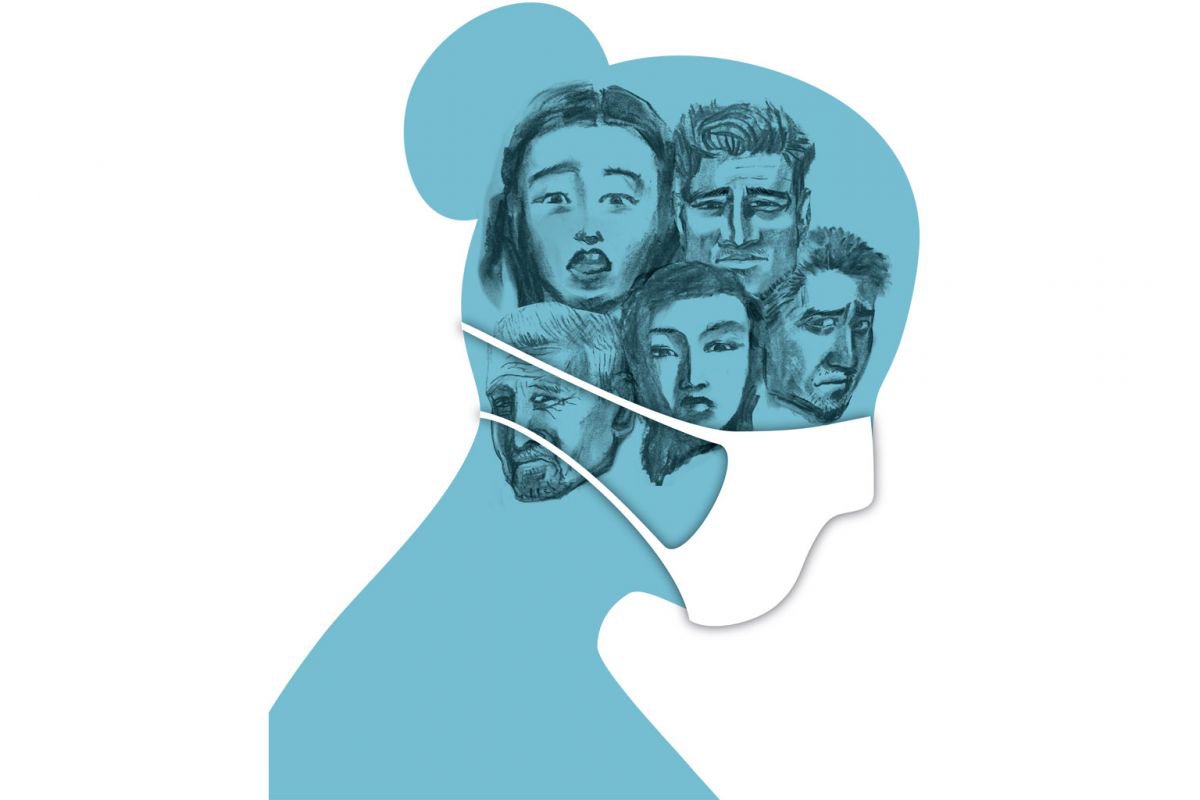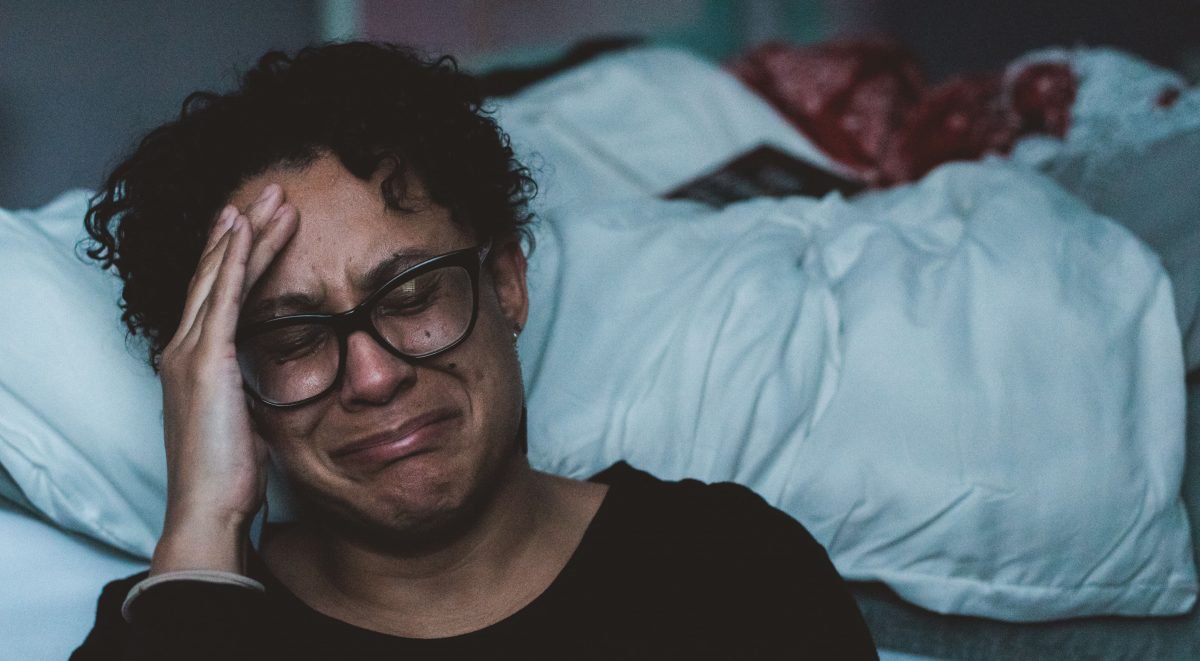The COVID-19 pandemic has caused psychological stress patterns such as fear of falling ill or dying from the disease. There is also the fear of being powerless to protect oneself and loved ones, fear of being quarantined, fear of being separated from loved ones and refusal to care for vulnerable individuals due to fear of infection, feelings of helplessness, boredom, loneliness and depression.
When we talk about the infected here, we are referring to those affected with COVID-19 and/or Mental health challenges for example in Cameroon or in Douala the people infected with Covid-19 have been quarantine from their families and other people. The anxiety, loneliness, depression, fear of dying and frustration of these many as they are aware of their limited chances of survival greatly influences their psychological wellness leading to mental health issues for some of them.
The affected would include those families with a member who has tested positive for Covid-19. The family is subjected to further investigation to ascertain if any other member is equally infected, and later on these families are pushed away by their own community for fear of being contaminated. This happens frequently in Cameroon and also around the rest of the world.
Stigmatization towards working with COVID-19 patients greatly affects the infected people and leads to serious mental challenges. In Cameroon, Africa, or other parts of the world, this is the main challenge which the infected people experience. Other such challenges includes; reduced capacity to use social support due to physical distancing and stigma, insufficient capacity to practice self-care, insufficient knowledge about the long-term exposure to individuals infected with COVID-19 and fear that they could contaminate their loved ones. More on the causes of COVID-19 and its effects on mental health can be found at https://en.wikipedia.org/wiki/Mental_health_during_the_COVID-19_pandemic.
Everyone, infected or not has been affected by the COVID-19 pandemic. Due to social distancing, fear of being socially excluded, loneliness, anxiety, depression and worry affects everyone in one way or the other. For example, parents worry about children being at home alone (during school lock downs etc.) while they have to be at work. Doctors and nurses may contract mental health issues from the physical and psychological load they have to carry during this pandemic period. Children have to stay at home for fear of going out and ending up infected while praying that their parents don’t get infected too; and many more worries and frustration that other people have.
More about the influence of Covid-19 on the mental health of the affected and infected at “The Implications of COVID-19 for Mental Health and Substance Use | The Henry J. Kaiser Family Foundation” (https://www.kff.org/coronavirus-covid-19/issue-brief/the-implications-of-covid-19-for-mental-health-and-substance-use/)
We at the are here to offer psycho-therapeutic support to those who have mental health challenges in general and as a result of their infection or affection by the Covid-19 disease.
Do you or anyone know who is infected or affected and fears to ask for help, support and guidance ? Do not hesitate to contact us through any of the links below.
Kindly email us at hope@hope4abusedbattered.com
Visit our website www.hope4abusedbattered.com
Give us a call/WhatsApp # +237672576011
#bethehope
#mentalhealthmatters
#mentalhealthawarenessmonth
#hopefortheabusedandbattered
Mental health awareness week: Our founder launches same in her unique style:
Covid-19 Pandemic and Mental health Awareness: Our Admin officer reflects some
Kindly watch this less than 5 minutes video and share your thoughts in the comments section. Stay Safe and take care of your mental health because #mentalhealthmatters
Child Abuse and Mental Health Awareness: A.M.E.N reflects some
Our young web developer A.M.E.N shares his views on Child abuse and Mental Health Awareness…hope we take 7 minutes to watch and reflect some.
Mental health and Substance abuse
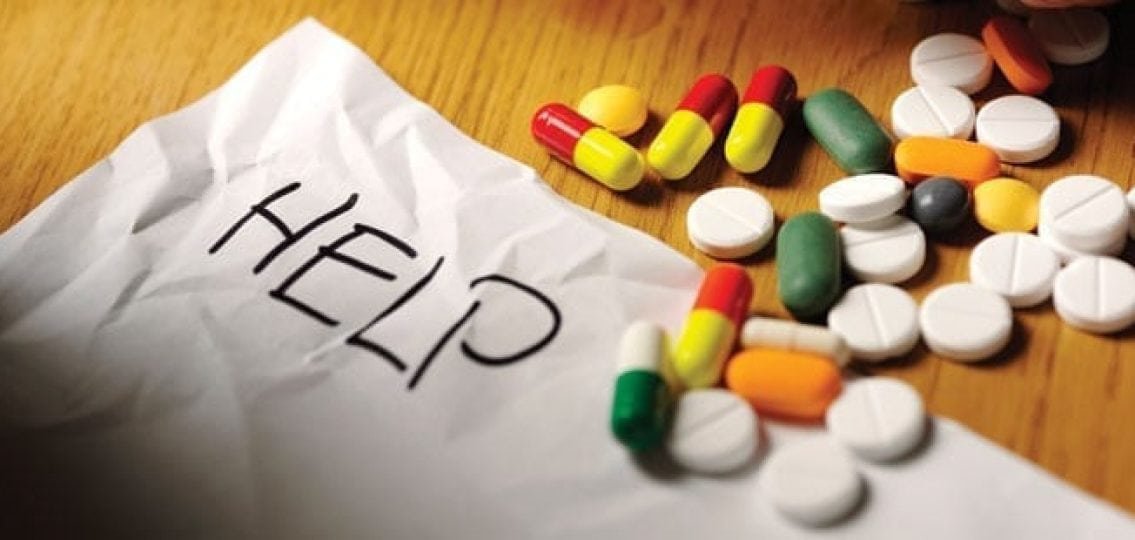
With the outbreak of the COVID-19, there has been noticed globally an increase in drug addiction and substance use.
Substance abuse is when you take drugs that are not legal. It’s also when you use alcohol, prescription medicine, and other legal substances more than needed.
Due to the COVID-19 pandemic, many people including mental health patients have resorted to substance abuse for mood-altering, mind- and behavior-altering purposes so as to suppress the panic, anxiety, depression and frustration they battle with daily. Due to the fear to lose one’s life or lose a loved one, and for many other reasons, people are becoming addicted to drugs and ending up losing control.
Abusive intake of these harmful substances cause great harm to the mental health of users. Substance use disorders also co-occur at a high prevalence with mental disorders in childhood, adolescence, adulthood and even into old age.
According to a study by “Substance Abuse and Mental Health Issues – HelpGuide.org” (https://www.helpguide.org/articles/addictions/substance-abuse-and-mental-health.htm ) roughly 50 percent of individuals with severe mental disorders are affected by substance abuse. 37 percent of alcohol abusers and 53 percent of drug abusers also have at least one serious mental illness. Of all people diagnosed as mentally ill, 29 percent abuse either alcohol or drugs and it has also been proven that substance abuse leads to further mental health challenges as it worsens one’s mental composure.
Substance abuse affects and costs the individual, the family, and the community in significant, measurable ways including :
-Loss of productivity and unemployability
-Impairment in physical and mental health
-Reduces quality of life
-Increases crime
-Increased violence, abuse and neglect of children.
We must therefore stand up and fight against substance abuse because there are many other ways to stay strong during this Covid-19 pandemic such as :
-Resist social pressures to engage in substance use. We should know with who we interact, and be discerning.
-Strengthen self-esteem. This can be done by meditating, stepping up on self care and embarking on personal development.
-Improve decision-making and communication skills.
-Manage stress and anxiety. Some meditation and yoga or exercise really help out for stress, panic or anxiety
-Sensitize the community on the dangers of substance abuse to our mental health.
Do you or anyone you know deal with or face problems of substance abuse? Please do not hesitate to contact us through any of the links below.
Kindly email us at hope@hope4abusedbattered.com
Visit our website www.hope4abusedbattered.com
Give us a call/WhatsApp # +237672576011
#hopefortheabusedbattered
#notosubstanceabuse
#mentalhealthmatters
#mentalhealthawarenessmonth
#thereishope
#bethehope
Child Abuse and Mental Health Awareness

Every year more than 3 million reports of child abuse are made in the world.
What is child abuse? Child abuse is when a parent or caregiver, whether through action or failing to act, causes injury, death, emotional harm or risk of serious harm to a child. There are many forms of child maltreatment, including neglect, physical abuse, sexual abuse, mental abuse, exploitation and emotional abuse.
Mental illness and child abuse, often co-exist together. What this means is that in many children who have been abused, they could develop a mental health challenge. Child abuse can also cause people to experience one or more symptoms of another mental illness. Some of the signs that a child is being traumatised or physically and sexually abused include:
For physical abuse:
-any bruises in unexpected places, cuts, spiral fractures, burn patterns (like with cigarette burn on a part of the skin).
For sexual abuse:
-bleeding, bruises, difficulty walking in the first few days or weeks,
Consequences of child abuse:
A child that might be out going, friendly and happy suddenly becomes withdrawn, sad, undergoes academic failure, personality changes such as bed wetting at night if that’s not something that they have done. Sometimes there is nothing you can see but the child is still hurting on the inside and it’s so important that you listen if he/she says for example ‘he touched this’, listen to them and believe them.
There is a rising increase in cases of child abuse in Cameroon especially in this COVID-19 lockdown period. And because of the lockdown season, we are not able to see the children and monitor some of their mannerisms which they may display. This poses a challenge on another level.
The main question we ask ourselves is, why are there so many cases of child abuse during this COVID period? The probable reason revolves around stress and financial constraints. Anytime there is a rising stress level or less economic flow of income into a home, that is going to translate into other kinds of stress. Unfortunately that stress would sometimes translate into taking it out on the children. With sexual abuse during this COVID-19 period, a child is so much limited to who they can tell and/or speak to.
Also, across Cameroon child sexual abuse hotlines are inexistent or services such as social affairs and police are down to a greater extent. Most cases are not reported while some are reported and it may take time for the police to reach the particular area.This therefore leaves the child with more mental, physical, emotional and psychological trauma.
Child abusers are often very manipulative people and are most often people we know already. In Cameroon, child sexual abuse is very problematic and culturally regarded as a taboo to speak out. There is a dire need for such abusers to be brought to the forefront of discussions. Recently we learnt of a mass rape in Douala Cameroon wherein a teacher in a primary school allegedly raped over 15 girls in class six and reports at the time indicated that the man may have disappeared, and the case which was opened earlier this year may remain unresolved. Cases like these leave so many questions unanswered and we begin to have serious doubts about the justice system in our country.
Are your children safe at home again? do not hesitate to contact us through any of the links below.
Kindly email us at hope@hope4abusedbattered.com
Visit our website www.hope4abusedbattered.com
Give us a call/WhatsApp # +237672576011
#hopefortheabusedbattered
#mentalhealthmatters
#mentalhealthawarenessmonth
#notochildabuse
#thereishope
#bethehope
Juvenile Delinquency and Mental Health Awareness: Our young web developer speaks out
Our young and dynamic web developer Mr Alain Michel (1st son of our founder Barrister Marie Abanga), in this awareness and sensitisation video shares his thoughts on Juvenile delinquency and the effects on your mental health which has seen a rise during this COVID-19 pandemic lock down.
Domestic abuse and mental health awareness
Awareness of Domestic Abuse and Mental Health in times of crisis is extremely important because of the effects it has on one’s mental health especially during this COVID-19 lockdown period. In this very important video Ms O, the field resource person for the association, Hope for the Abused and Battered, Douala Cameroon expresses her concerns in this Mental Health Awareness Month about domestic violence, mental health awareness, and also our call to action as an association.
Mental health and some signs of a Mental health Challenge
Mental health includes our mental, emotional, psychological, and social well-being. It affects how we think, feel, and act. It also helps determine how we handle stress ,anxiety, depression and other negative feelings. When someone has a mental health challenge or gets a mental illness, s/he cannot keep his/her composure and is vulnerable to harm.
Some signs someone is struggling with their mental health are:
Sadness or irritability
Feelings of (extreme) highs and lows – mood swings
(Excessive) fears, worries and anxieties
Social withdrawal
Significant (Dramatic) changes in eating or sleeping habits
Unreasonable (Strong) feelings of anger
During this COVID-19 pandemic, mental health challenges are increasing in because the quarantine makes it difficult for people to distract themselves from existing psychosocial issues. The lockdown and strict measures enforced also trigger feelings of loneliness, and this has switched peoples’ mindset from living to surviving.
How can you help someone with a mental health challenge? The way to do this is delicate because the person struggling with the mental health challenge is usually vulnerable and defensive. Reach out gently and ask nicely if they are okay based on what you noticed. Tell them you are there to listen if they want to talk. The best way to help or support someone especially a loved one struggling with a mental health challenge or a mental illness is to be there for them. By simply providing a listening ear, a shoulder to cry on, and unconditional act of kindness, you reassure them that you care about them and that you are there to support them.
Eventually you can learn more about mental health conditions, read up about the different treatments or find a therapist.
Do you or anyone you know struggle with a mental health challenge or a mental illness? Please do not hesitate to reach out and let us hep you the best we can.
Do you want to join or support our organization?
Kindly email us at hope@hope4abusedbattered.com
visit our website www.hope4abusedbattered.com
Give us a call/WhatsApp # +237672576011
#mentalhealthawarenessmonth
#celebratementalhealthrecovery
#makementalhealthvisibleinafrica
#hopefortheabusedbattered
#thereishope
#bethehope
Mental health and some signs of a Mental health Challenge
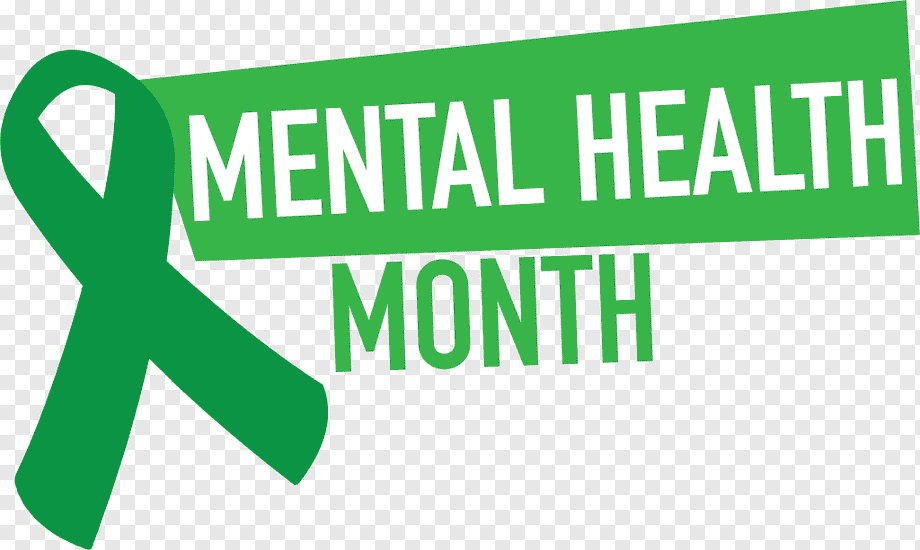
Mental health includes our mental, emotional, psychological, and social well-being. It affects how we think, feel, and act. It also helps determine how we handle stress ,anxiety, depression and other negative feelings. When someone has a mental health challenge or gets a mental illness, s/he cannot keep his/her composure and is vulnerable to harm.
Some signs someone is struggling with their mental health are:
Sadness or irritability
Feelings of (extreme) highs and lows – mood swings
(Excessive) fears, worries and anxieties
Social withdrawal
Significant (Dramatic) changes in eating or sleeping habits
Unreasonable (Strong) feelings of anger
During this COVID-19 pandemic, mental health challenges are increasing in because the quarantine makes it difficult for people to distract themselves from existing psychosocial issues. The lockdown and strict measures enforced also trigger feelings of loneliness, and this has switched peoples’ mindset from living to surviving.
How can you help someone with a mental health challenge? The way to do this is delicate because the person struggling with the mental health challenge is usually vulnerable and defensive. Reach out gently and ask nicely if they are okay based on what you noticed. Tell them you are there to listen if they want to talk. The best way to help or support someone especially a loved one struggling with a mental health challenge or a mental illness is to be there for them. By simply providing a listening ear, a shoulder to cry on, and unconditional act of kindness, you reassure them that you care about them and that you are there to support them.
Eventually you can learn more about mental health conditions, read up about the different treatments or find a therapist.
Do you or anyone you know struggle with a mental health challenge or a mental illness? Please do not hesitate to reach out and let us hep you the best we can.
Do you want to join or support our organization?
Kindly email us at hope@hope4abusedbattered.com
visit our website www.hope4abusedbattered.com
Give us a call/WhatsApp # +237672576011
#mentalhealthawarenessmonth
#celebratementalhealthrecovery
#makementalhealthvisibleinafrica
#hopefortheabusedbattered
#thereishope
#bethehope
